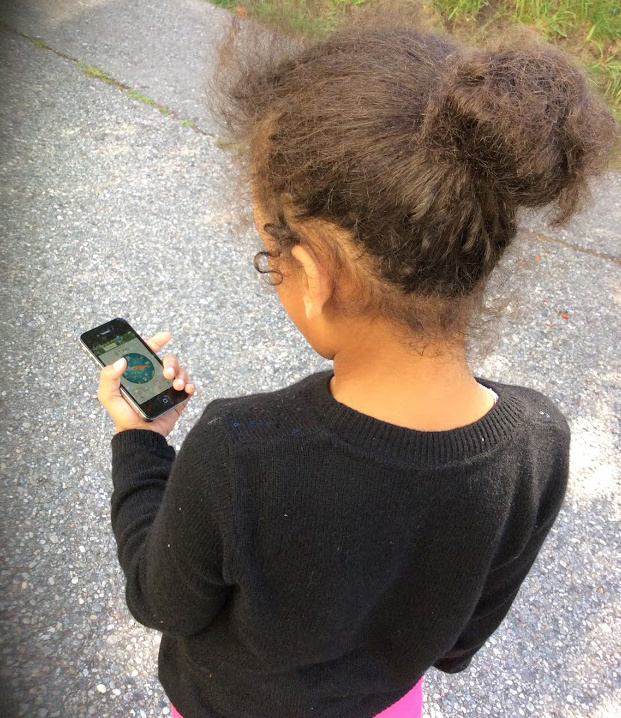
In early April 2020, the Good Law project started a crowdfunding campaign. They cited evidence from Institute for Public Policy Research that one million children do not have adequate access to a device at home.
According to a survey from Teach First only 2% of teachers working in the UK’s most disadvantaged schools believed their pupils have adequate access to online learning. This breaches the Human Rights Act and the United Nations’ convention on the rights of the child which establishes access to education as a legal right.
On 19th of April The Department for Education announced that care leavers, children with social work support and 'some disadvantaged pupils in Year 10' would receive laptops. They also promised that 4G routers would be distributed to families without mobile or broadband internet so that children could access education online. Education Secretary Gavin Williamson said the scheme would 'take the pressure', off parents with children at home.
No specified number of laptops
However, there was no specified number of laptops available. Some authorities soon realised they could not meet needs as they had high numbers of children who could qualify for the scheme and would be forced to prioritise.
While the scheme has been welcomed as an attempt to redress the balance, it is too little too late. It will not reach enough vulnerable pupils and many will not get their computer pre-loaded with the right software until June.
On 7th May Clare Jennings, a solicitor at the law firm Matthew Gold, claimed that the Department for Education’s scheme to provide laptops and internet access was restricted to only a small number of pupils. This would leave many others without reliable access to online lessons. The firm is bringing a case against the government on behalf of four families.